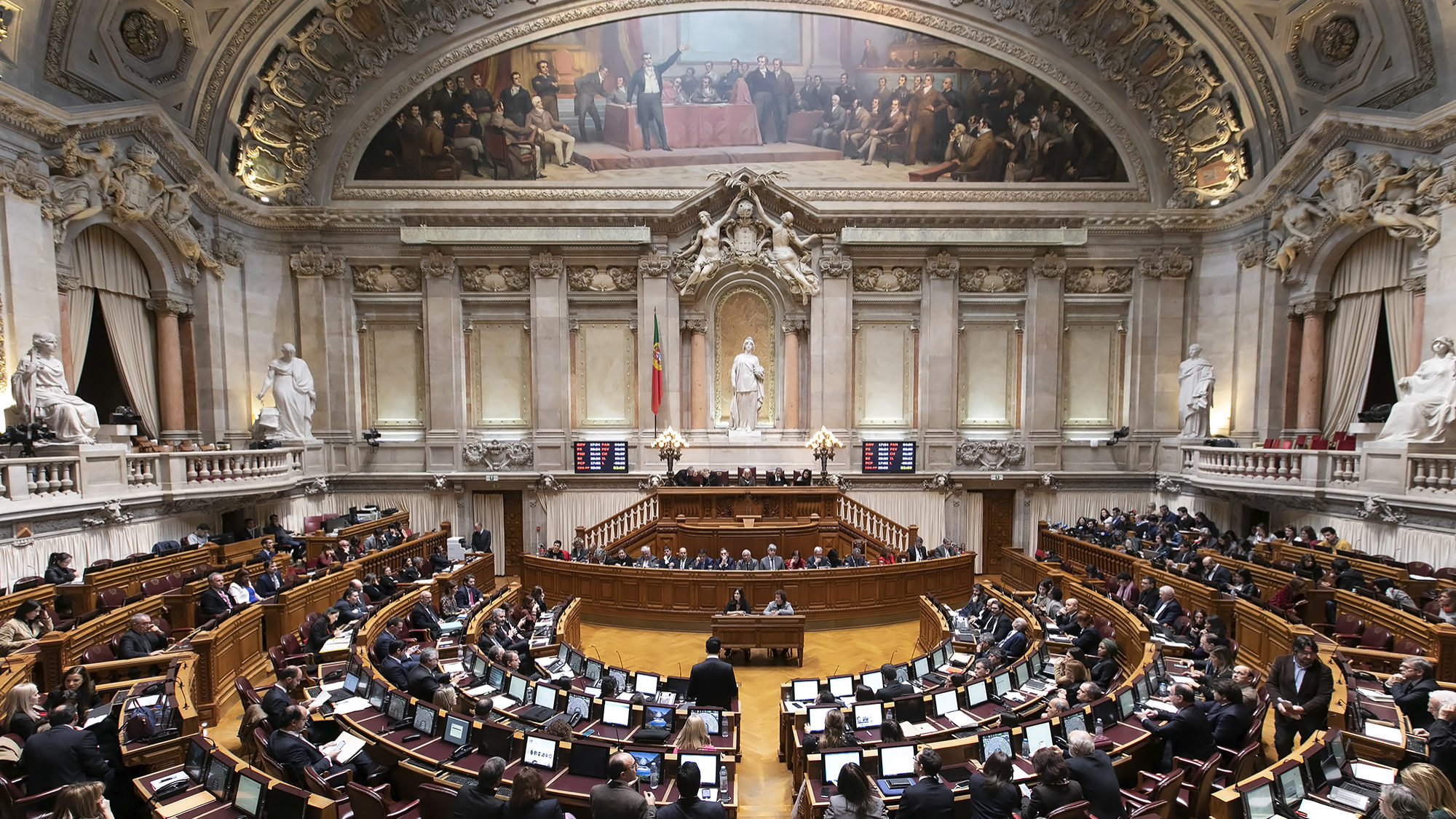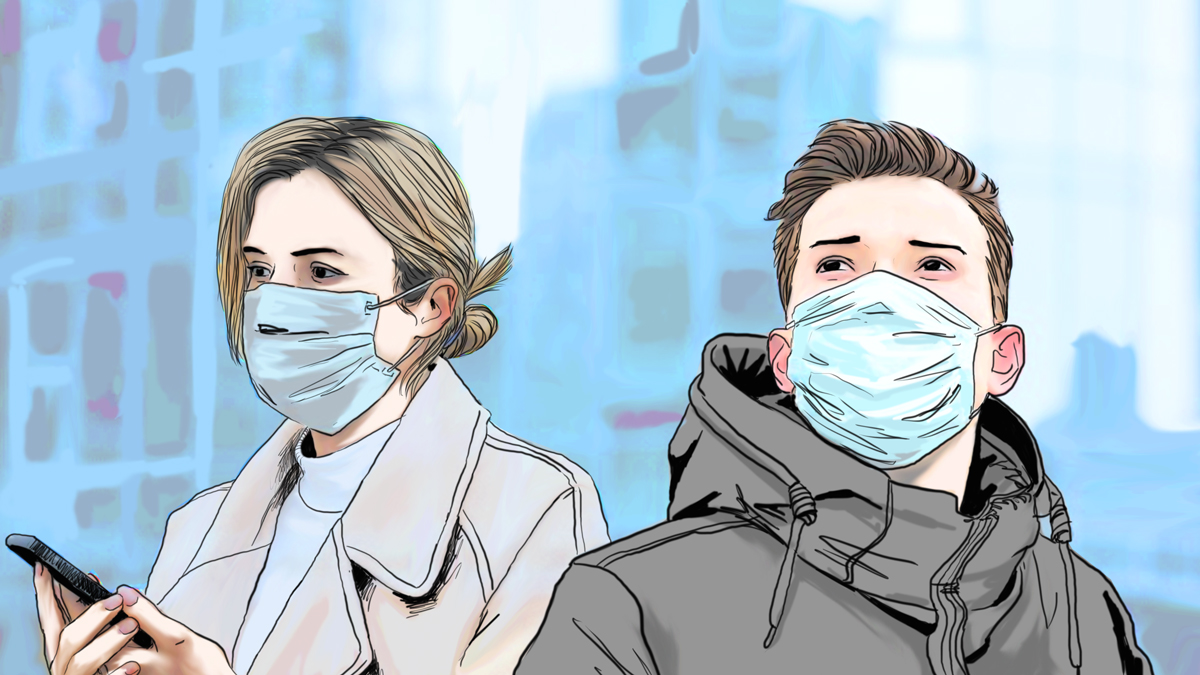State of Emergency: Portugal increases restrictions on movement of people, closes airports during Easter
The Government has already approved measures to extend the State of Emergency in Portugal for a further 15 days.
The Government approved in the Council of Ministers a set of new measures that will enter into force at midnight due to the extension of the State of Emergency in Portugal for a further 15 days.
The measures will be particularly restrictive during Easter, when citizens cannot leave their municipality of residence, with no exceptions, and when all national airports will be closed to passenger traffic. These are, for the time being, the new measures announced by António Costa.
- Prohibits gatherings of more than five people, except persons who have family ties and large families;
- Strengthening the financial capacity of local authorities to act, in particular, by speeding up the possibility of contracting short-term loans and granting support measures to institutions;
- Extending the deadline for owners to clean up the forests (“we should not forget that the country has a huge risk of forest fire,” reminded António Costa, as the deadline would end on April 15th);
- Exemption of fees for patients with Covid-19, both in diagnosis and treatment;
- During Easter, from 0h00 on the 9th to 24h on the 13th, “travel outside the municipality of usual residence will be prohibited, except for people who have to travel for professional activities” or in municipalities where there is “territorial discontinuity”;
- From 0h00 on the 9th to 24h on the 13th, all national airports will be “closed to passenger traffic”;
- The Ministry of Health and the Ministry of Internal Affairs will define a list of countries or territories whose origin requires medical consultation, a way to prevent the spread of Covid-19 in Portugal of those who come from regions where there is a special incidence of the epidemic;
- Air transport will also be limited to one-third of the capacity, in order to “ensure the greatest possible social distance”, as is already the case with other public transport;
- The Authority for Working Conditions (ACT) gains “enhanced powers” to oversee companies (António Costa said there were “reports of some abuses in labour relations,” so inspectors from other authorities will be called upon to “strengthen the ACT framework”);
- Streamlining the process by which the President of Portugal can grant, on humanitarian grounds, pardons to convicted elderly or particularly vulnerable people.
- There shall be partial pardon for prison sentences of up to two years or the last two years of prison sentences, except for those who have committed particularly heinous crimes, such as murder, child abuse, domestic violence or crimes committed by politicians, members of the security forces or military forces, or people with special responsibility functions;
- Precarious leave can now be granted for 45 days, “when these days are over, the authorities may decide to bring forward the granting of conditional release, in the expectation that people will behave appropriately on those days,” the Prime Minister explained.

